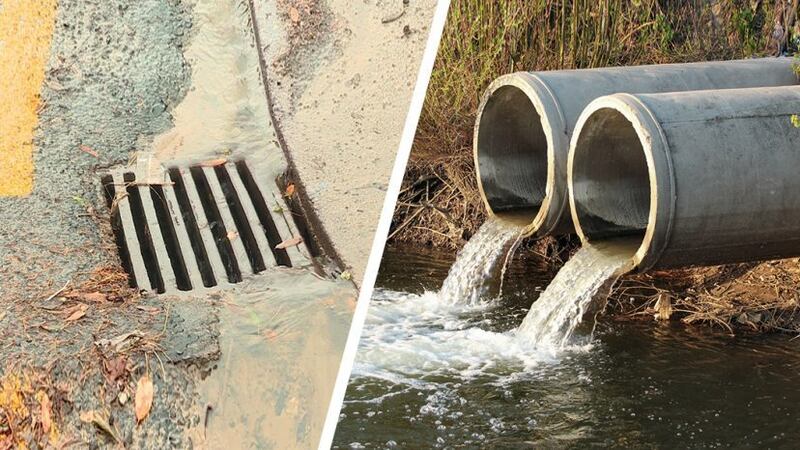The government will plough ahead with the vast majority of its three waters reforms, saying 45 of 47 of the recommendations suggested by its working group will be implemented.
Local Government Minister Nanaia Mahuta (Waikato-Tainui, Ngāti Maniapoto and Ngāti Manu) and Infrastructure Minister Grant Robertson announced next steps for the legislation at a press conference in the Pātaka Art and Museum in Porirua this morning.
The reforms will transfer water infrastructure across the motu currently owned and operated by the 67 local councils to four water management bodies; shares in the bodies will be divvied out to the councils, based on population.
The reforms will see increased representation for mana whenua with 50 percent of those on the boards of the four entities being decided by mana whenua, with the other 50 percent being set by regional councils.
In her speech Mahuta acknowledged the controversy over the reforms but argued services had been underinvested in for years and water quality issues put whānau at risk.
"We are now at a point where the case for change is well made and the policy has been robustly tested and improved. We have listened to concerns and now is time to move forward." Mahuta said.
The two recommendations rejected (44 and 45) were related to central government spending on further analysis of what it would take to fix dirty waterways; the other suggested the government holds its own financial stake in water services.
The Department of Internal Affairs dismissed the two recommendations, as the case for cleaning waterways was already made and it wanted to ensure taxpayers would not have to put up extra pūtea to fund the reforms.

Local Government Minister Nanaia Mahuta says the government will press ahead with controversial three waters reforms / NZME
The three waters reform was partially launched as a response to the Havelock North campylobacter outbreak of 2016. The vision was to upgrade infrastructure and streamline water management. However, opponents claimed the policy was an asset and governance grab.
Regions that had invested in their infrastructure would be subsidising regions that had not, and Māori would have too much influence over the reforms, they argued.
National local government spokesperson Simon Watts slammed the government’s decision to forge on with the reforms saying. “Even with these superficial changes, Labour's Three Waters agenda is fatally flawed.”
“This is yet another slap in the face for the local voices who have again had their concerns disregarded by this government that thinks it knows best.
“Local councils and communities will still lose control of their assets, and the unproductive and divisive co-governance structure remains.”
National committed to reversing the reforms should it be returned to government in the 2023 election.
“National will not support reforms that will strip councils and ratepayers of control over their assets and will repeal Labour’s four entity model,” Watts said.

